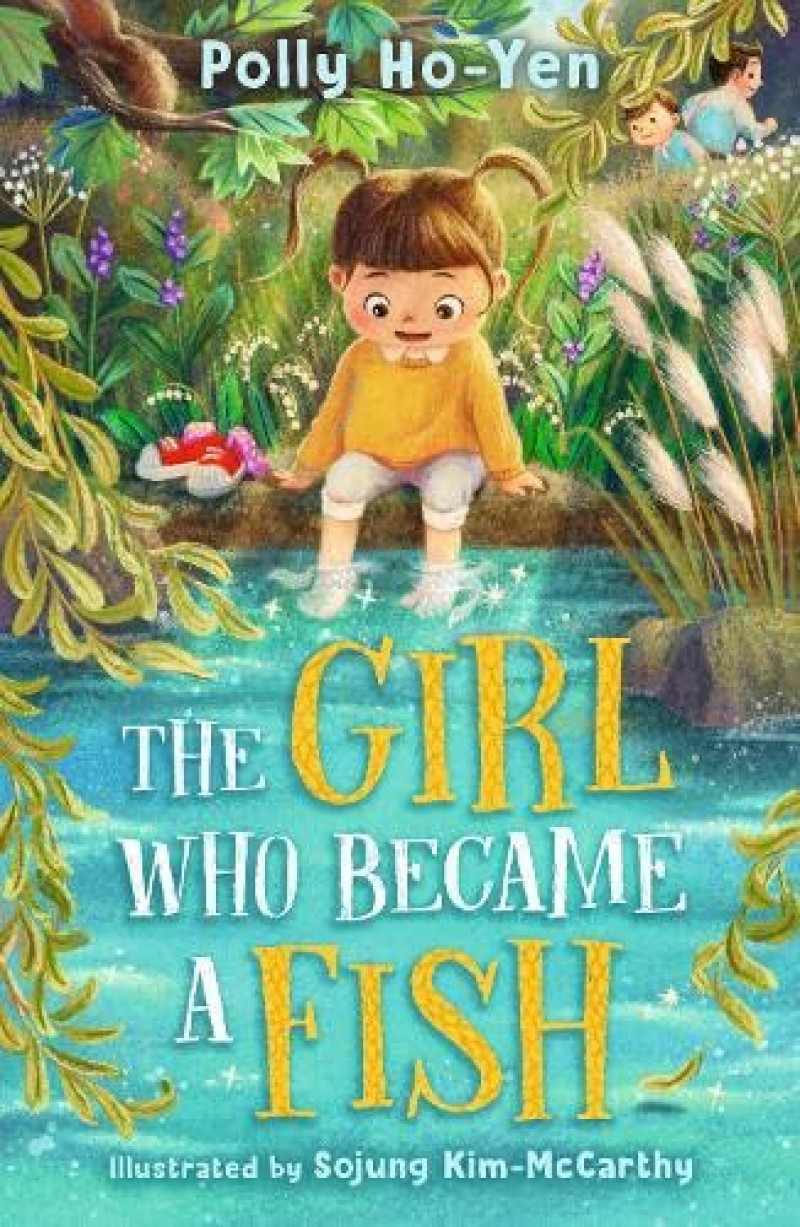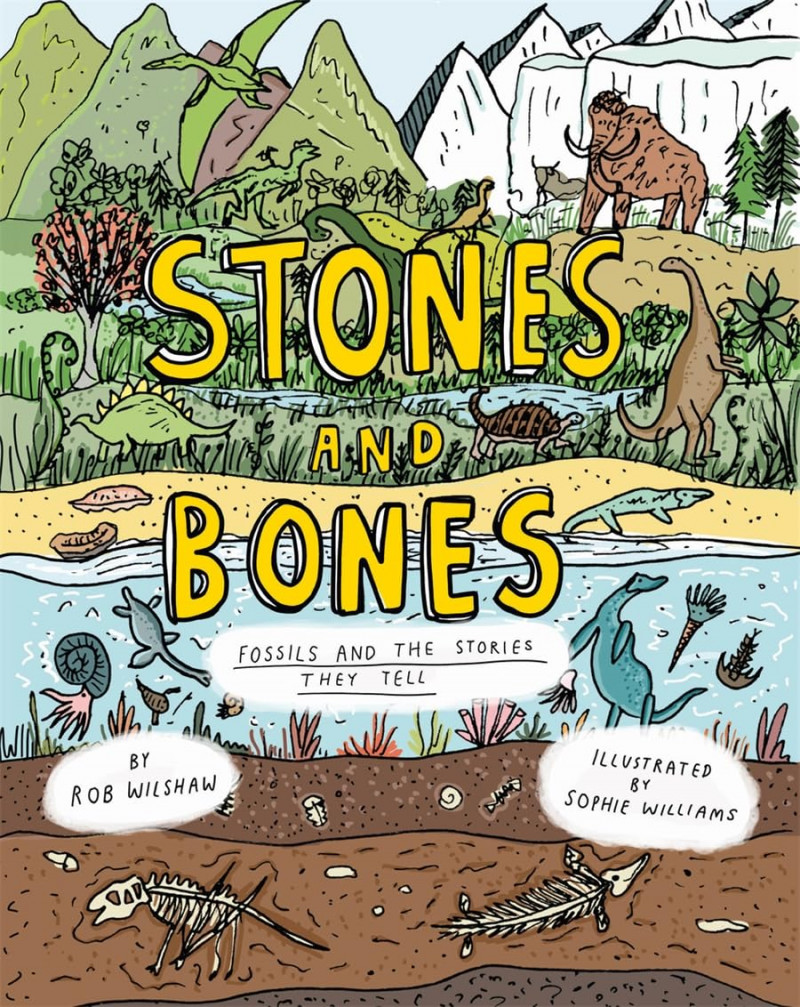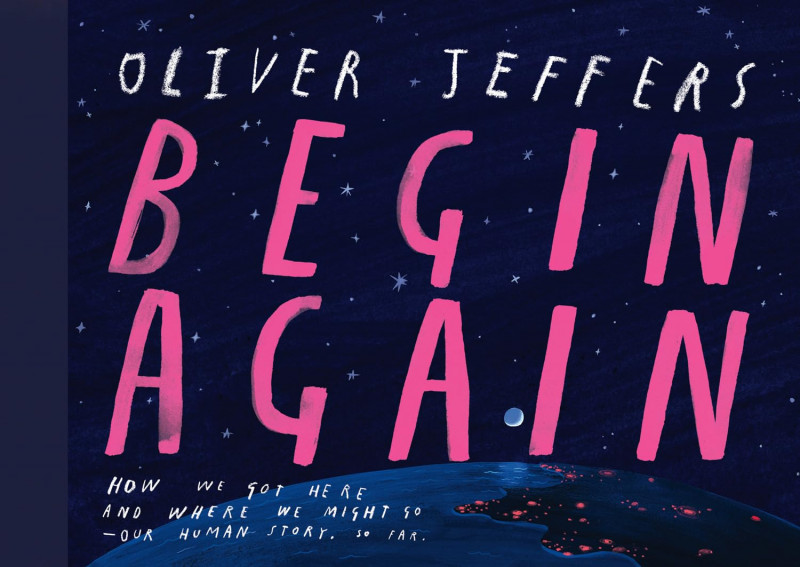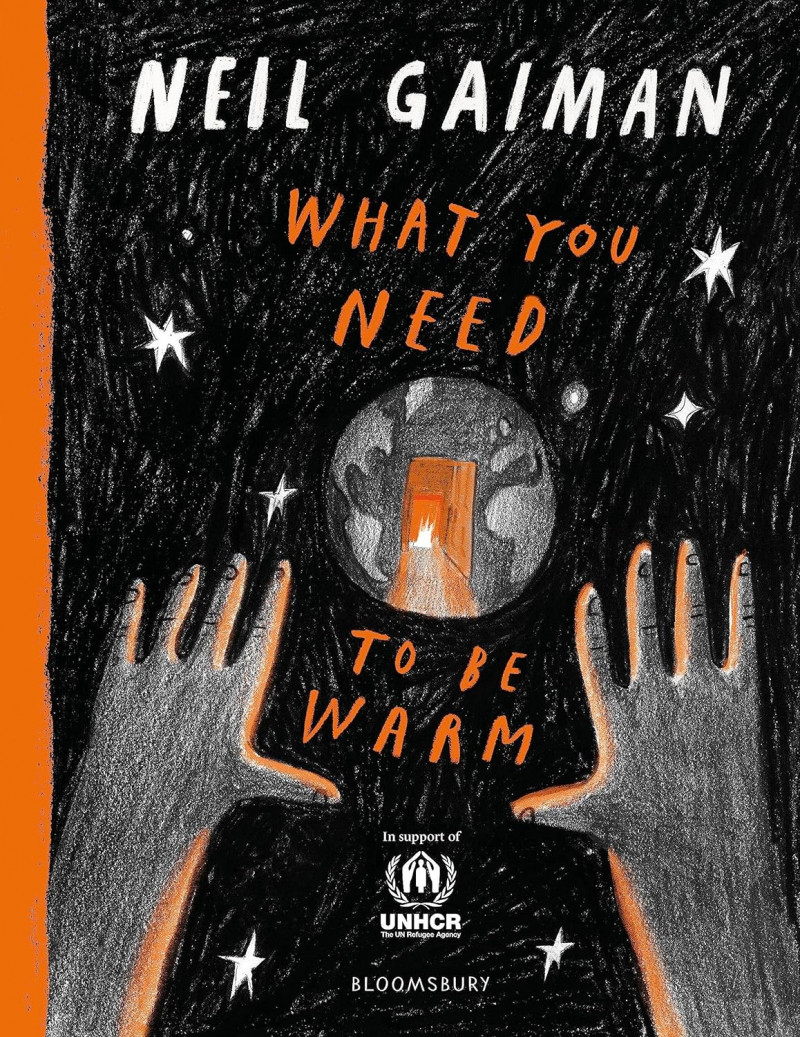Written byPippa McGeoch
Senior Consultant
See More
Digging deep, burrowing in and exploring how we have been connected to the earth and each other up to this point in time are the core themes of this month’s selection of shiny new books. But also integral to the golden thread that runs through our modest selection of books is the idea that ‘history has its eyes on us’ (to misquote Lin-Manuel Miranda’s striking lyric from hit musical, ‘Hamilton’). The story of hope, told entirely through song and rap, is essentially about the power of people coming together to fight for a common cause: that the ‘world is wide enough’ for everyone to thrive. Set in the late 1700’s through to the early 1800’s, we have to ask if we’ve really progressed that much from this point; from even darker ages? Darker times? Has equity, equality and the basic human rights of access to food, housing, sanitation, healthcare and education ever been fully achieved? … we don't think it has and now, especially with recent geo-political events and those of an ongoing nature, there is much to be done. As always, your starting point to discussing difficult topics with children should be high quality literature and we think these four new books will be perfect additions to your libraries.
Novel
The Girl Who Became a Fish by Polly Ho-Yen, Illustrated by Sojung Kim-McCarthy (Knights Of, 2nd November2023)

We were so excited to learn that Polly had a new book just about to be released and were thrilled when it came flying through the letter box! Ita is always being left behind by her older brothers. But when she becomes lost one day, not long after the family have moved to a new area, she embraces the feeling…’bubbles’ of excitement! Ita isn’t scared and the dark doesn't bother her; she rather likes scary stories too. But there is one thing that scares her: water. She doesn't really know why this is so. Then, as if in a trance, she finds herself compelled to dip her hand into the river and is astonished to see that, underwater, her hand is covered in scales! An utterly charming tale about a young girl who needs to connect with nature and imagination in order to process and cope with the huge change that moving house and schools has brought. This book is rich in vocabulary and Sojung Kim-McCarthy’s sweet and animated illustrations would make this highly accessible for children in Year 2/3 who are beginning to be able to independently read chapter books.
Non-fiction
Stones and Bones: Fossils and the Stories they Tell by Rob Wilshaw, Illustrated by Sophie Williams (Cicada, 5th October 2023)
Cleverly presented with eye-catching illustrations, diagrams and a plethora of paleontological (and other!) facts, children will love this new book from publishers Cicada. The book begins by introducing fossils (a Latin derivative, we’re told, that ‘literally translates as obtained from digging.’) then moves on to talk about the science and scientists behind early palaeontology (so early, in fact, that it wasn't known as such until years and years later), where we’re introduced to naturalists Charles Darwin and Mary Anning and how – self-taught – she made the discoveries that wouldn't gain her recognition during her lifetime. The chronology of eras in evolution from Precambrian and onwards through to the ages of the dinosaurs and other early creatures, living both on land and in the sea is explained with a richness of vocabulary but in such a way that it will engage the reader. We’d thoroughly recommend this book for children in lower key stage 2 and think it would be the perfect accompaniment to topics on the Stone Age, volcanoes and other phenomena or the wider geography curriculum.

Non-fiction
Begin Again: How we got here and where we might go by Oliver Jeffers (Harper Collins Children’s Books, 10thOctober 2023)

This incredible new offering from beloved Oliver Jeffers is both a social commentary upon and the story of how humankind has reached the point we’ve reached. In the author’s note (essential reading when considering using this text in your school) Jeffers believes this to be a ‘visual history, current review and suggested trajectory for the human story.’ He also acknowledges that he’s got no more right than anybody else to present this as truth but we think his messaging is spot-on. Beginning from the literal ‘fire that started it all’ to the metaphorical fire within our bellies, we journey through early humans inventing tools for survival before then using these to explore, then to control and finally to play. The concept of identity and belonging is explored and the land upon ‘which we have drawn imaginary lines so we know who we are and who we are not. Where we belong and where we do not’… is an incredibly poignant observation, particularly considered alongside the current devastating conflict in the Middle East. And, amongst other concepts, the idea of connection is explored: ‘what we mostly want is each other.’ This is simply stunning and will evoke many a discussion about what it is to be human and how we can do better; be better. Using just blue, neon pink and purple when a connection is being depicted makes the illustration of his observations eye-catching and impactful. Perfect for humans of any age and for school assemblies, too!
Poetry
What You Need to be Warm by Neil Gaiman and 13 illustrators of note (Bloomsbury Children’s Books, 26thOctober 2023)
This has been a few years in the making, right from inception of Neil Gaiman’s idea to asking his followers on what was known as Twitter the simple, ‘What reminds you of warmth?’ Having received over a thousand responses, he says he ‘began to weave these together’ to create this stunning poem that we were lucky enough to be gifted a copy of ahead of its publication date. And the poem – non-narrative in form – is beautifully lyrical and accompanied by a backdrop of illustrations from 13 different artists. Each illustrator has been given a verse to depict: the well-known Chris Riddell, Benji Davies and Daniel Egnéus, all interpreting the paths that refugees might walk – both of mind and body. Then there’s the extraordinary Nadine Kaadan, pouring her visceral memories of the Damascus that was once her home into the verse she’s illustrated. And there’s also artist Majid Adin, who lived in a tent in the Calais jungle over the 2016 winter, and illustrated the words: while food and friends, home, a bed, even a blanket, become just memories. Sometimes it only takes a stranger, in a dark place, to hold out a badly knitted scarf. To offer a kind word. Evocative and emotionally charged, this is a message of hope and there’s a discussion to be had with children about how they can still be the helpers, even though they may feel small and powerless.
Literacy Tree has made a donation to UNHCR, to which sales of this book are in aid of.




